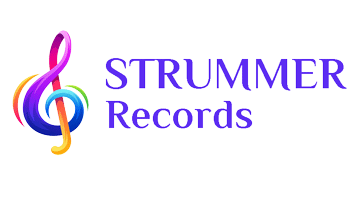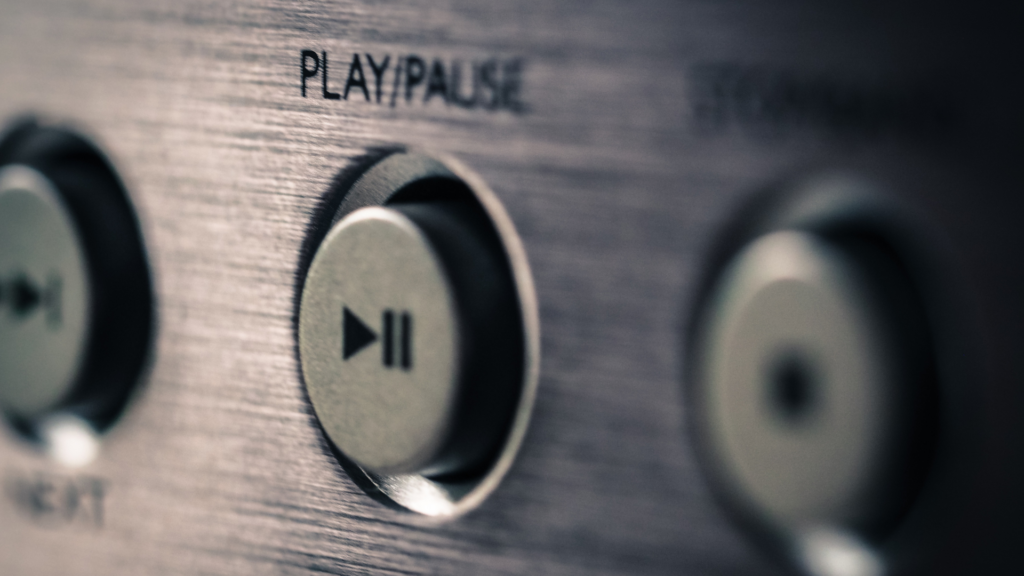Music has always been a popular form of art, and with the rise of streaming services and downloads, music has become even more popular. But who owns the intellectual property of a song? And more importantly, who profits from it?
In this blog post, we’ll discuss the concepts related to copyright law and how it applies to songs. We’ll also explore who can distribute and perform music and their rights. Finally, we’ll examine the legal implications of using copyrighted material without permission.
What is intellectual property?
Intellectual property (IP) is any form of intellectual property protected by law. This can include trademarks, copyrights, patents, and trade secrets. IP includes not only the rights of creators to their creative work but also the rights of those who commercially exploit that work.
IP is a valuable asset for both creators and commercial entities. Creators typically rely on IP to generate revenue from their work, while businesses use IP to protect their interests in proprietary information and product designs.
Given its pivotal role in protecting your business interests, it’s advisable to reach out to a reputable intellectual property law group for expert guidance and assistance. They can help navigate the complexities of intellectual property law, ensuring effective protection of your intellectual assets and upholding your rights.
Who owns the intellectual property of a song?
Copyright law protects original works of authorship, such as songs, poems, and paintings. The owner of the copyrighted work is the person who created it. Copyright holders can be individuals, corporations, or governments.
The copyright holder typically has exclusive rights to exploit the copyrighted work commercially. This means the copyright holder can prevent others from using or distributing the work without permission. The copyright holder also has the right to sue anyone who violates her rights.
The copyright holder usually registers her intellectual property with the United States Patent and Trademark Office (USPTO). This allows her to protect her rights against infringement and to collect royalties for the commercial exploitation of her work.
When does someone own the rights to a song?
A song typically belongs to the songwriter, composer, or producer. However, there are a few cases where someone else may have ownership of a song. For example, the publisher may have ownership if a song is published with copyright protection. Additionally, if a performance or recording of the song is licensed under a Creative Commons license, then the rights may be shared among all those involved in the creation or performance of the work.
Copyright law
Copyright law is a complex area that governs the rights of creators and owners of intellectual property. Under copyright law, a creator or owner of intellectual property has the exclusive right to reproduce, distribute, publicly perform, display, and create derivative works from that intellectual property.
Copyright law offers numerous protections for owners of copyrighted material. These protections encompass the right to prevent others from reproducing, distributing, publicly performing, displaying, or creating derivative works without permission. Additionally, copyright holders have the right to work with an entertainment lawyer to pursue legal action against any individuals or entities they believe have infringed upon their rights under copyright law.
Finally, copyright law establishes mechanisms through which people cFor someone to claim ownership over a copyrighted work, they must first determine whether it is protected under copyright law. Copyright protection exists in two forms: original works of authorship and ideas and works based on those original works. For most copyrighted works, the author or creator is the only person who can claim exclusive rights to reproduce and distribute the work.
However, not all intellectual property is automatically protected under copyright law. In particular, ideas are not considered legal objects subject to copyright protection. This means that anyone can use an idea without needing permission from the owner of the copyright. In some cases, this may be allowed by the fair use doctrine, which allows limited uses of copyrighted material for purposes such as criticism or commentary.
Once a work is determined to be protected under copyright law, the next step is to determine who owns the copyright. Under U.S. law, ownership of a copyrighted work resides with the author or creator of the work unless one of three exceptions applies: when an employer owns the copyrights in materials created by employees for their job; when one party transfers legal ownership of a copy of a copyrighted work to another party for a limited purpose such as time-sharing; or when the copyright is owned by a collective or joint venture.
an learn about copyright laws and protect their rights. These include registering copyrights with the U.S. Copyright Office and using safe harbor provisions of the Digital Millennium Copyright Act (DMCA).
How to protect your song copyright and maintain ownership rights
When you write, record, or release a song, you automatically grant the copyright holder the rights to that work. The Copyright Act of 1976 sets forth specific rules governing who owns the intellectual property rights to a song. The following is a summary of who owns the intellectual property rights to a song:
- The song’s author owns the copyright to the lyrics and music.
- The song composer owns the copyright to the melody and chord progressions.
- The recording artist owns any master recordings of their song performance.
- Any other performer(s) who contributed vocals or instruments to the recording (e.g., backing vocalists, session musicians).
- In some cases, joint authors may also own copyright ownership in songs. For example, if two people write a song together, each will own 50% of the copyright.
- If no one owns all of the copyrights to a given work, then all members of an ensemble (or group) that performs or otherwise uses that work would own shares in its use according to their contribution levels (e.g., soloists get full ownership if they write all or substantially all of the melodies, while others may only get partial ownership based on their contributions).
In today’s society, it is not uncommon for musicians to receive royalties for using their music in commercials, movies, or even on television shows. However, when a musician creates a song specifically for use in a commercial or other promotional events, who owns the intellectual property rights to that song? Generally speaking, the company that commissioned the advertisement or promotional event will own the copyright to the song.

